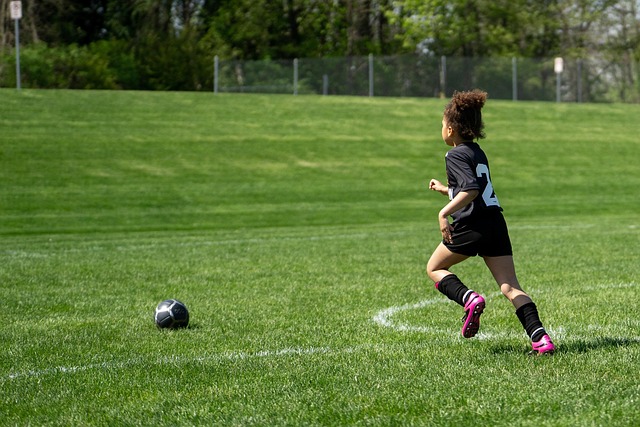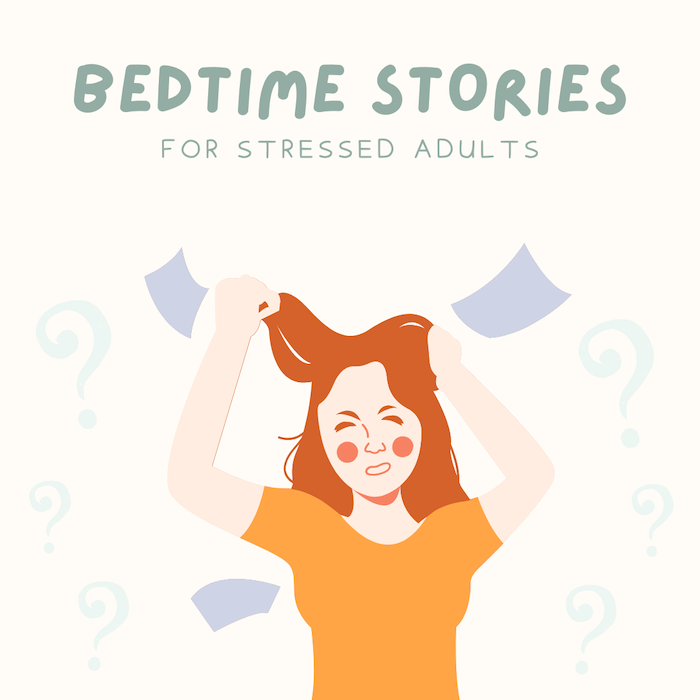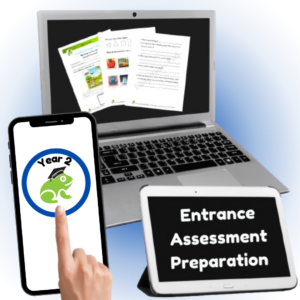The Importance of Exercise for Children Aged 3 – 7
Physical activity during early childhood lays the foundation for a healthy, active lifestyle. Exercise isn’t just about physical health; it boosts brain development, supports social skills, and helps regulate emotions.
Children aged 3 to 7 thrive when they have the chance to move. Whether it’s running, jumping, dancing or playing games, active play builds coordination, confidence, and resilience.
Consistency is Key
Regular activity—rather than intense sessions once in a while—is what children need. 20–60 minutes of movement a day can make a real difference.
Help your child find joy in exercise through games, outdoor exploration, or simple routines like walking or bike rides.
Make It a Habit, Not a Task
Children mirror what they see. If you make time to be active, they’re more likely to do the same. Take a walk together, kick a ball around, or even stretch before bed. Every small action builds the habit.
Start Small, Build Up
Don’t aim for perfection. Start with what works and build gradually. The goal is to help your child enjoy being active—and to stick with it long-term.
It gets easier
Problems are very seldom solved at the first attempt. Habits are never broken before the first few tries, but consistency will be your key here. Don’t overdo it. Consistency is better than intensity. Stay the course and you will get there.
Recommended from Amazon to help you:











